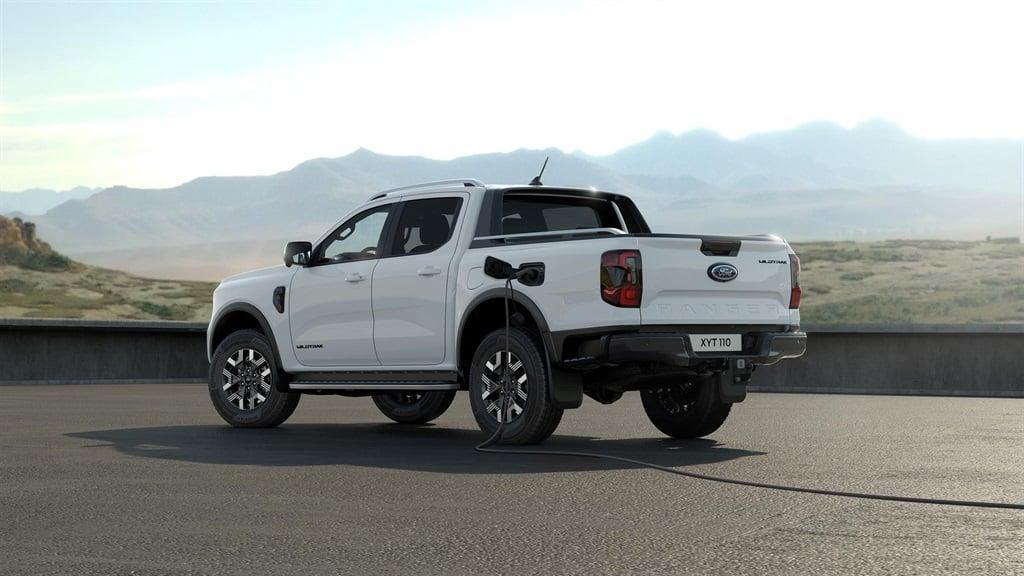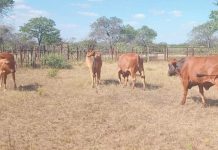Africa-Press – Zimbabwe. The new Ford Ranger Plug-in Hybrid briefly broke cover in front of local media and stakeholders during Ford’s centenary event, which took place at the Silverton Motor Company earlier in November.
Distinguished by not much more than the additional charging port located next to its fuel cap, it was ultimately the icebreaker to the broader announcement that Ford South Africa will manufacture the Ranger PHEV bakkie for export from 2024.
An investment of R5.2 billion has been directed at constructing a new battery pack assembly plant within the Silverton plant for the PHEV system. Ford’s Chassis Plant in the Tshwane Automotive Special Economic Zone (TASEZ) is also being upgraded to accommodate the unique chassis configuration for this model, including changes to the robots, welding equipment, control systems, conveyors, and skids.
Further changes to the Trim, Chassis, and Final line have also been made.
“The additional investment in the Silverton Assembly Plant for the Ranger Plug-in Hybrid takes our total manufacturing investment in South Africa over the past 14 years to around $1.72 billion, or nearly R33 billion,” says Andrea Cavallaro, Operations director, Ford International Markets Group. “It signals our commitment to the country, our employees, and our extensive supplier network.”
What does this mean for South African bakkie customers?
Already confirmed for export to New Zealand and Australia, local media were itching to ask whether it would be added to the local line-up – the latter already geared to expand with the Ranger Tremor and Ranger Platinum.
With Ford South Africa confirming that the all-electric Mach E will be introduced into the country in 2025, one would believe that a hybrid model would certainly fit and make sense within these plans for alternative energy sources.
If one looks at the Ranger line-up in markets like Australia, it bears strong alignment to the South African product mix, and therefore, a PHEV wouldn’t look out of place. A PHEV model will also give Ford one more unique product advantage over its closest competitors, the Toyota Hilux and Isuzu D-Max.
However, Toyota also announced a hybrid version of the Hilux has been earmarked for South Africa earlier in June this year, but no timeline has yet been confirmed.
Technical and tough
Powered by a new 2.3-litre EcoBoost turbo petrol engine paired with an electric motor and rechargeable battery system, the Ranger PHEV will eclipse the 600Nm produced by the current 3.0-litre V6 turbo diesel.
It also comes with an all-electric range of 45 kilometres for new fuel-saving benefits that have, up until now, been unimaginable in the bakkie sector. Additional battery system uses include more power outlets in the cabin and a load bin for business and leisure use.
Yet all this new-fangled technology does not compromise the Ranger’s payload or towing, meaning that a potential price premium is the only possible drawback to one of Ranger’s most distinctive chapters in its constant evolution.
For More News And Analysis About Zimbabwe Follow Africa-Press






